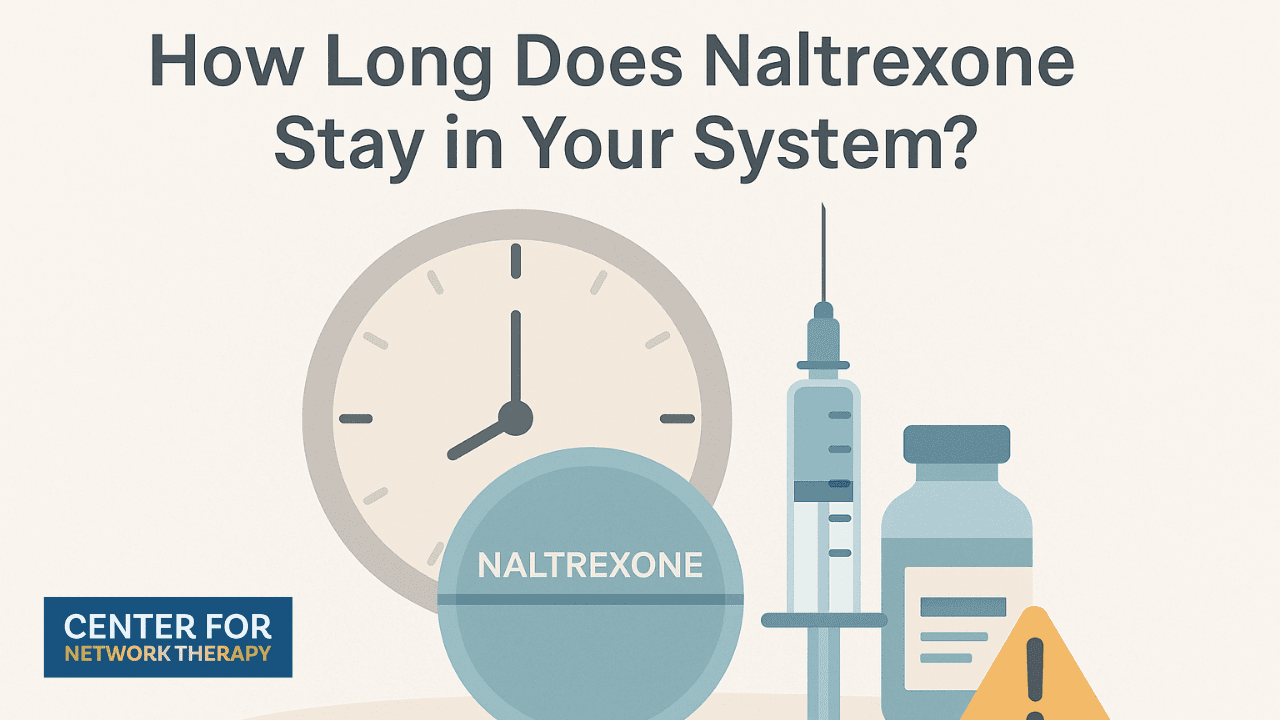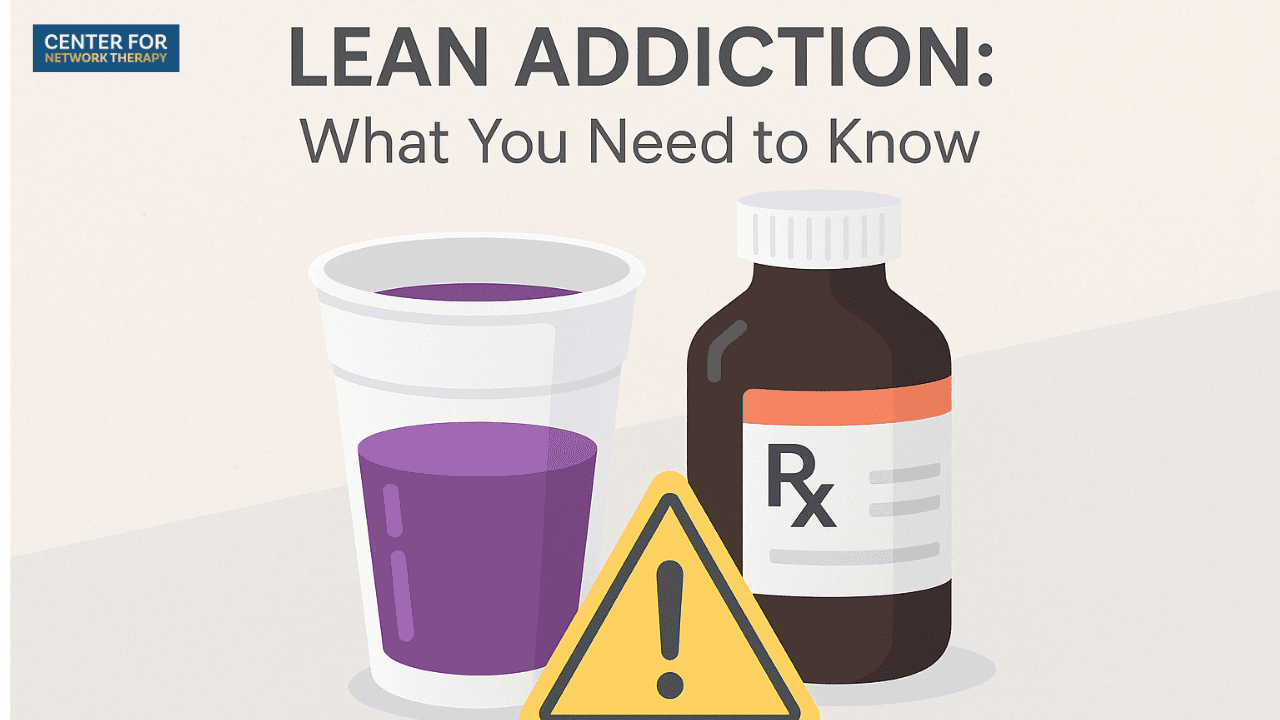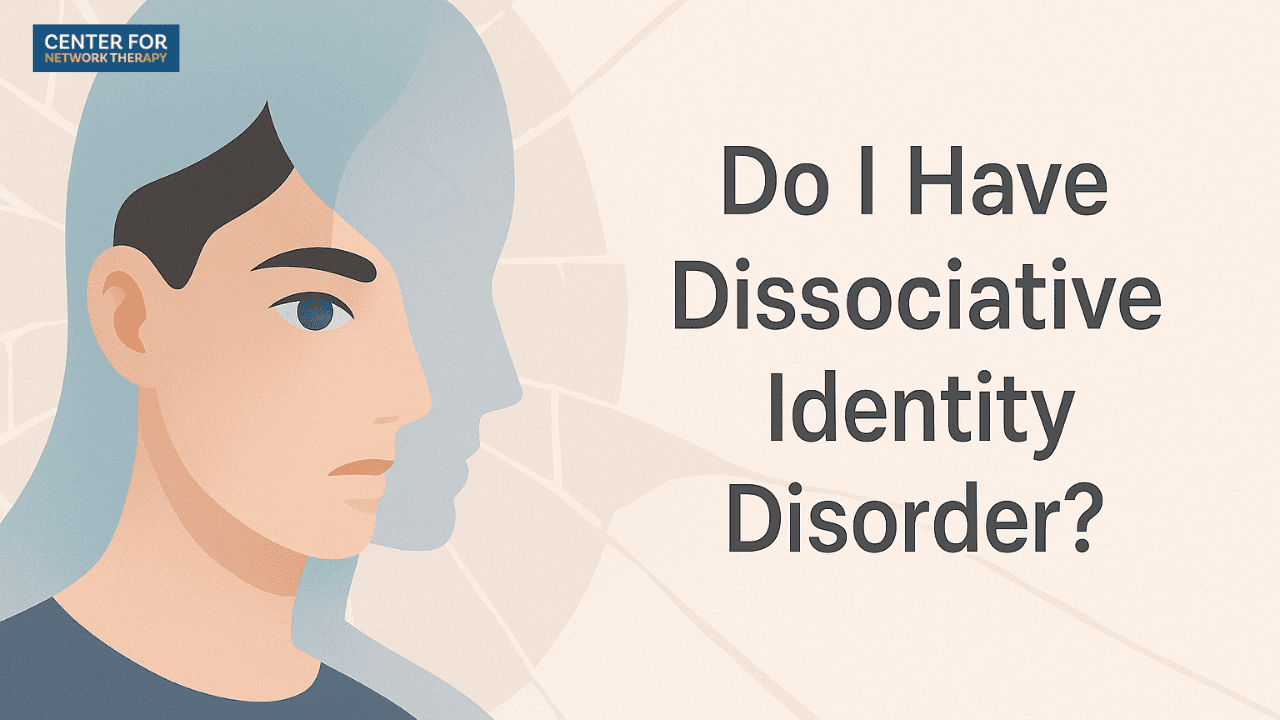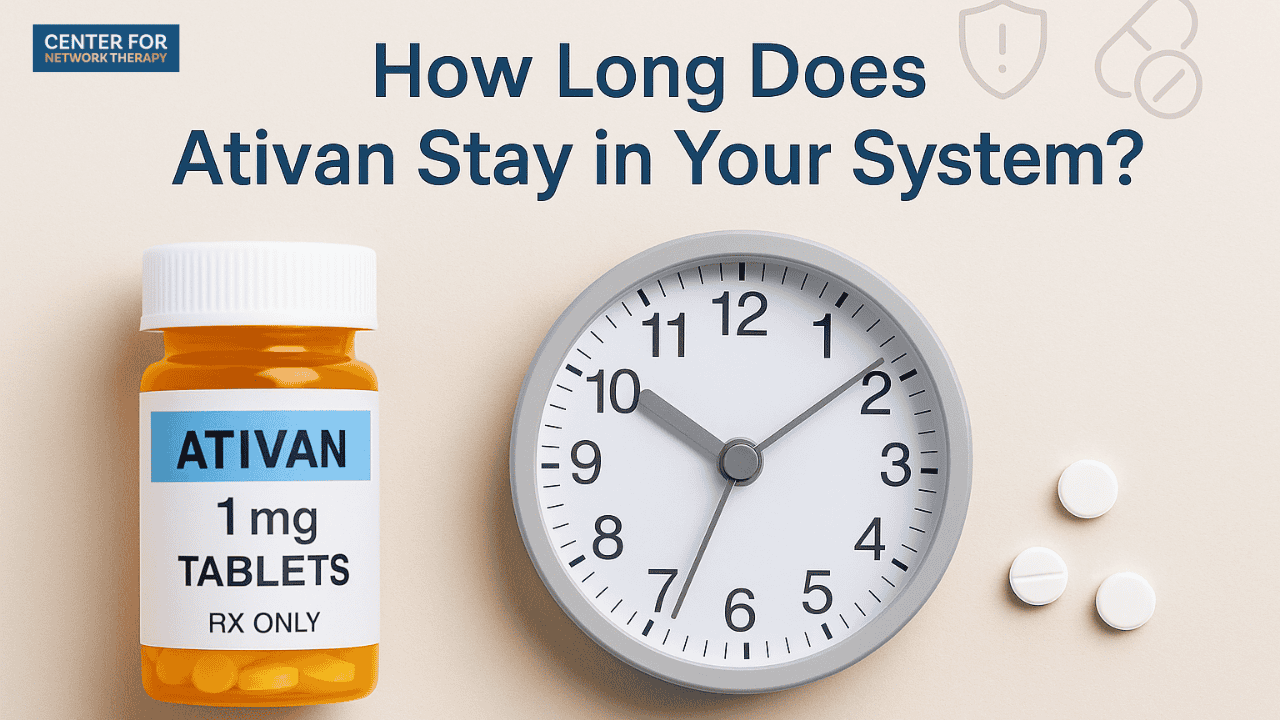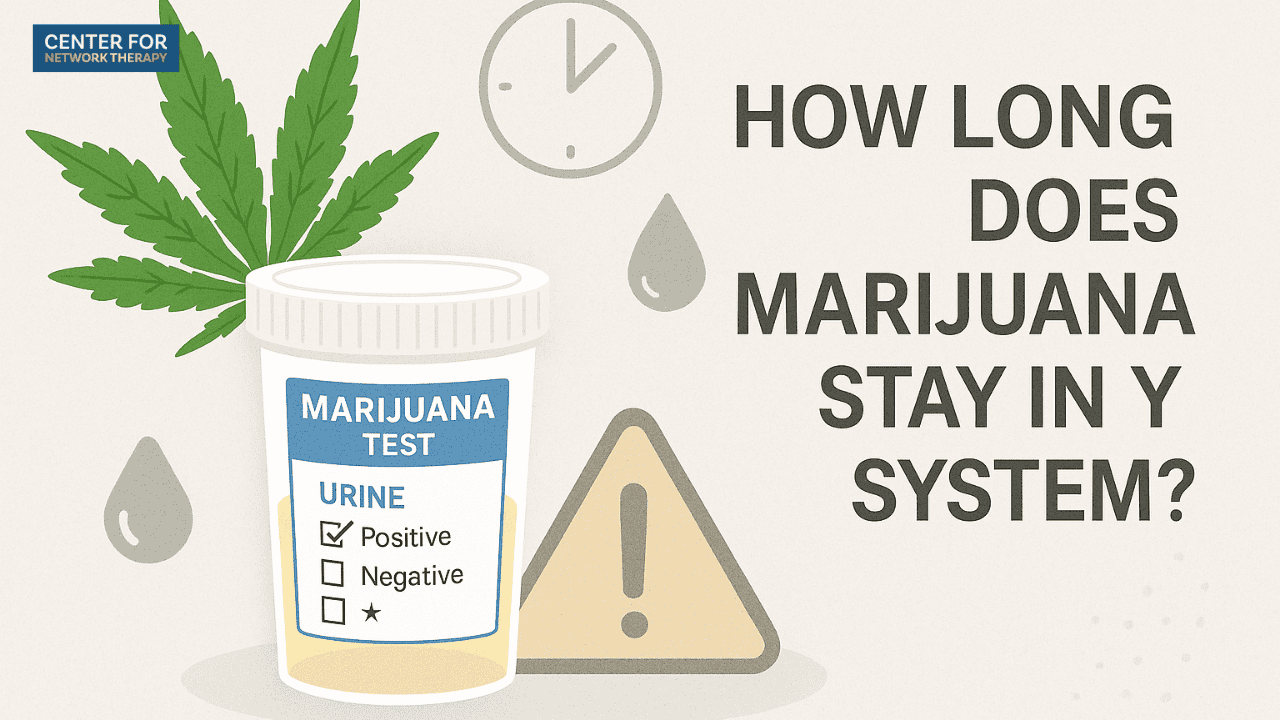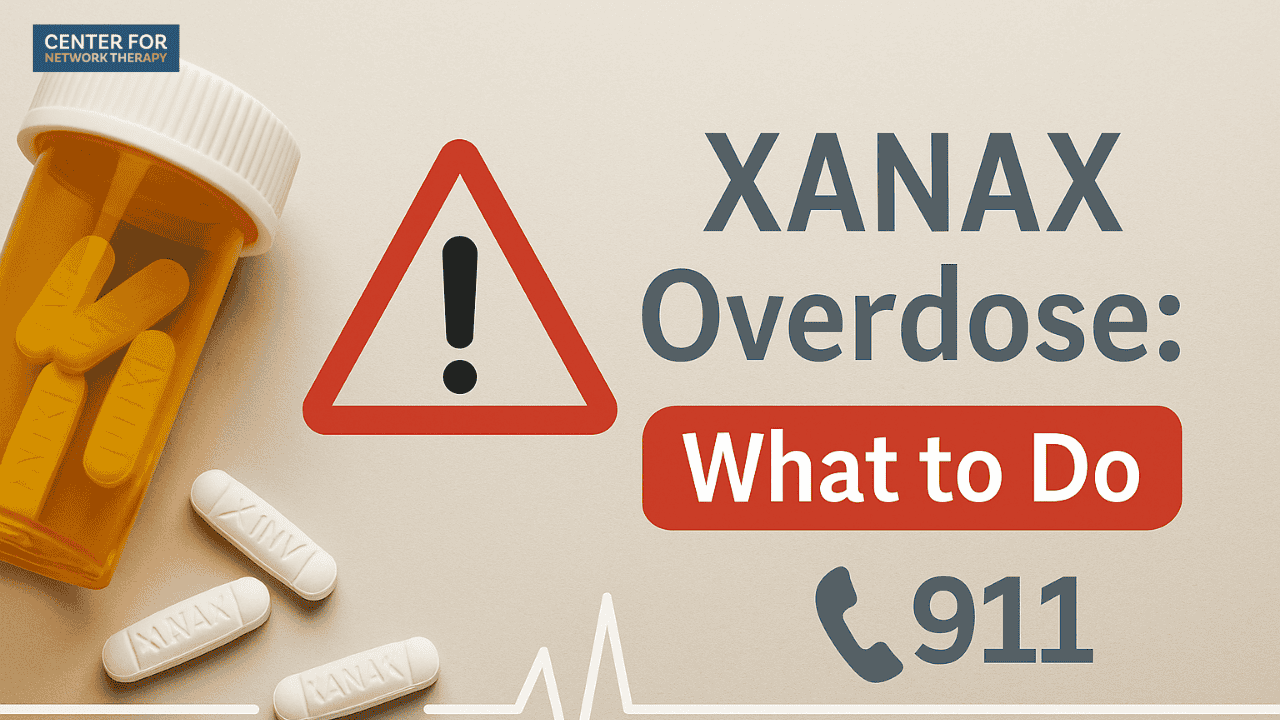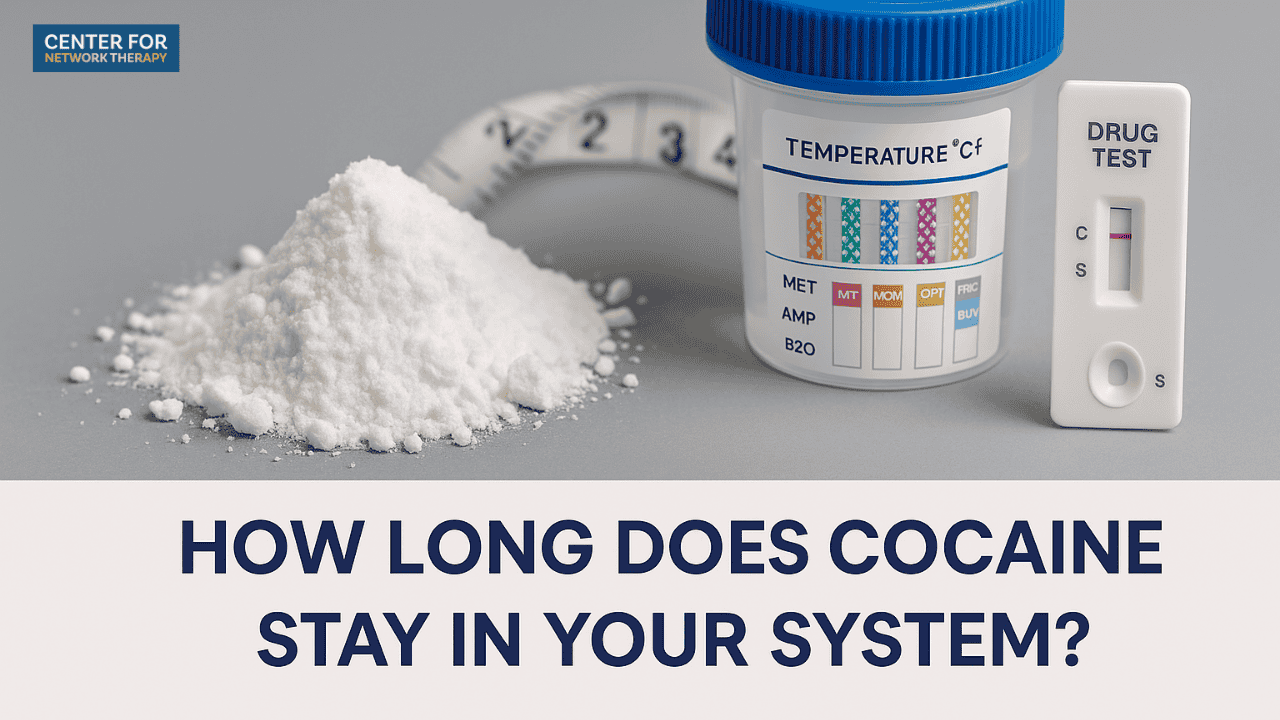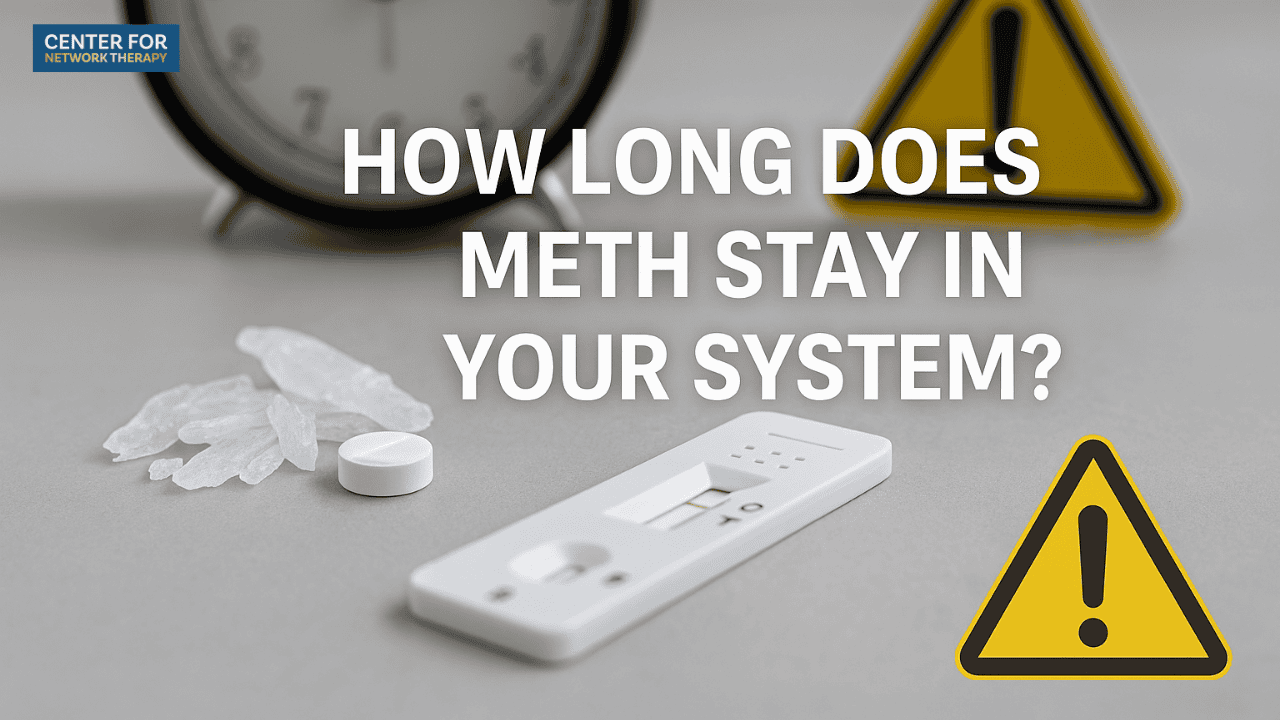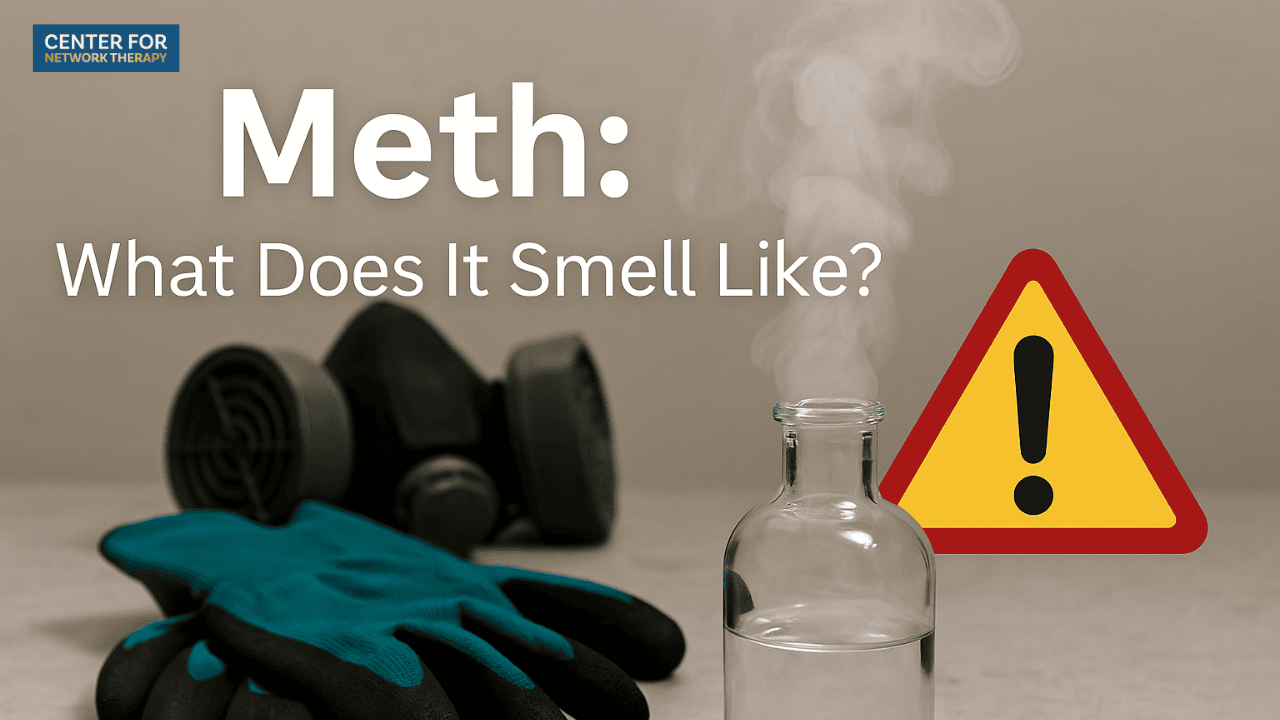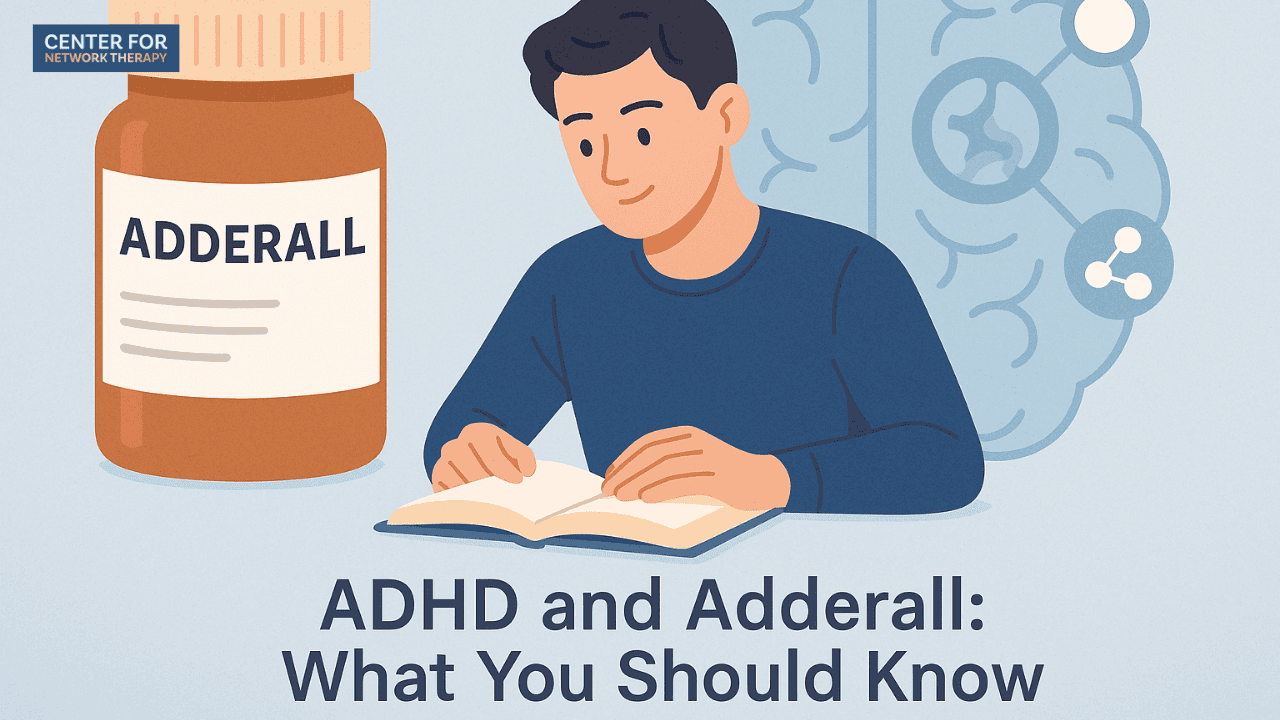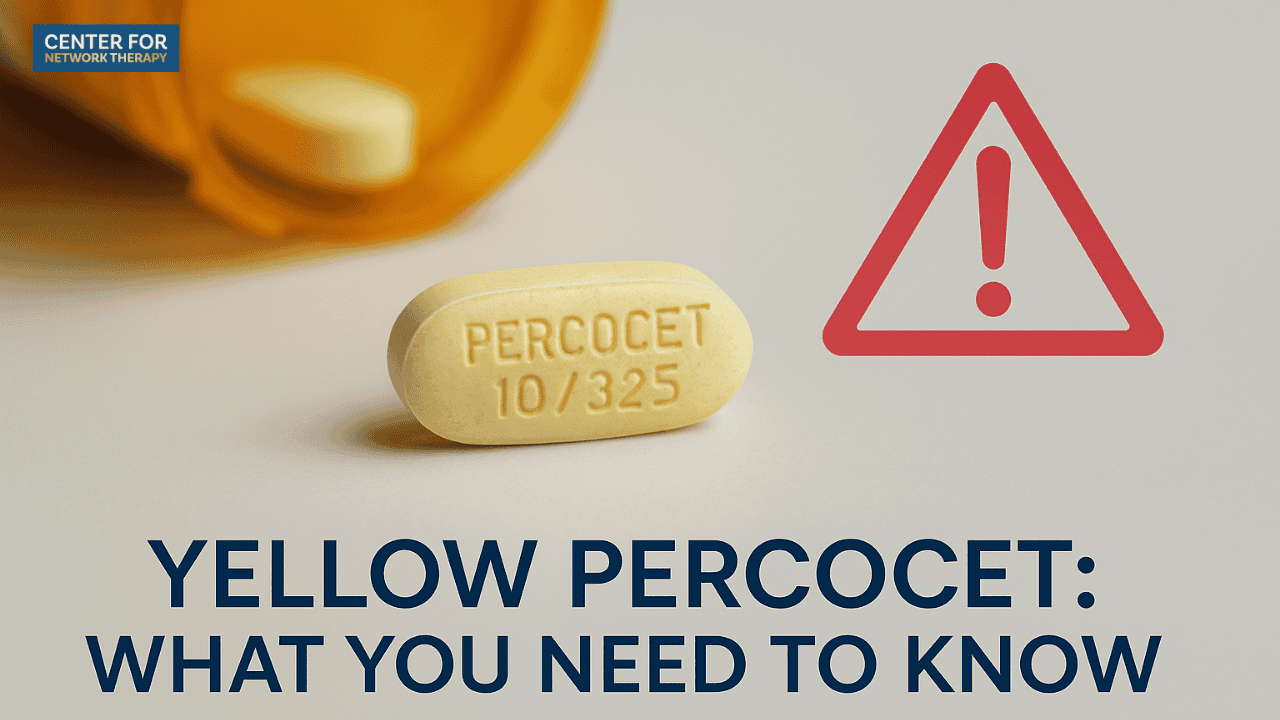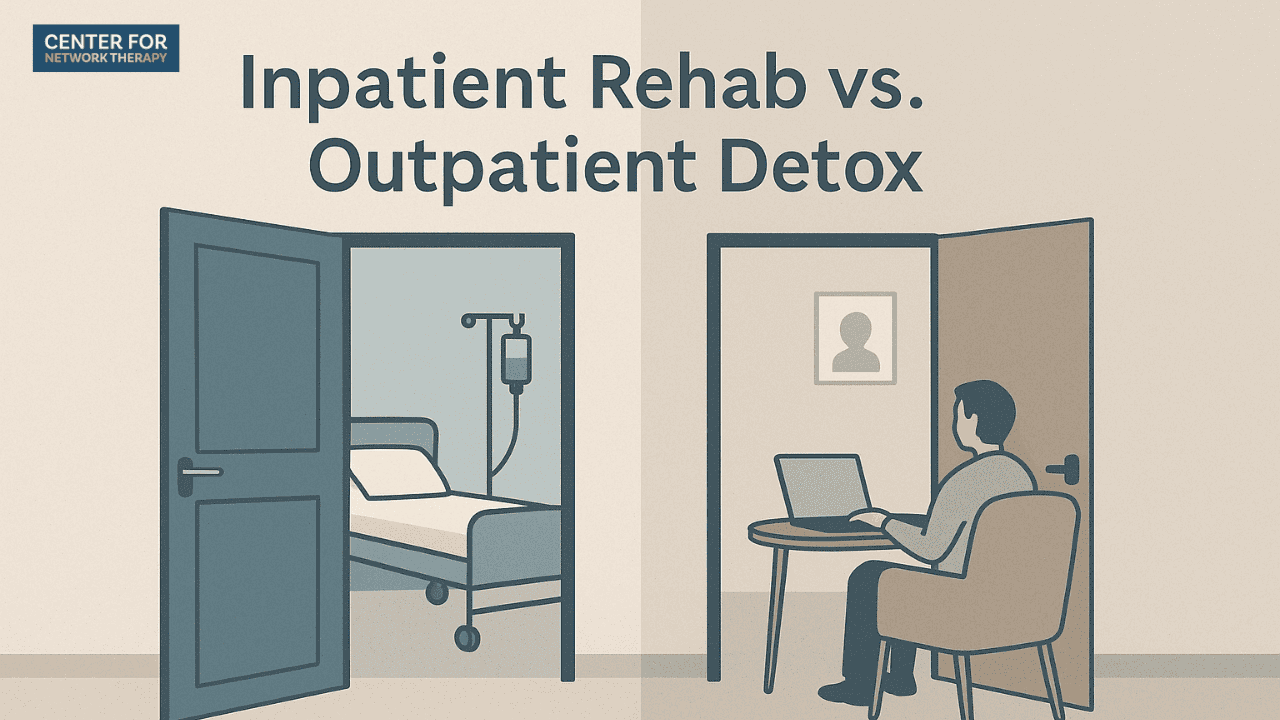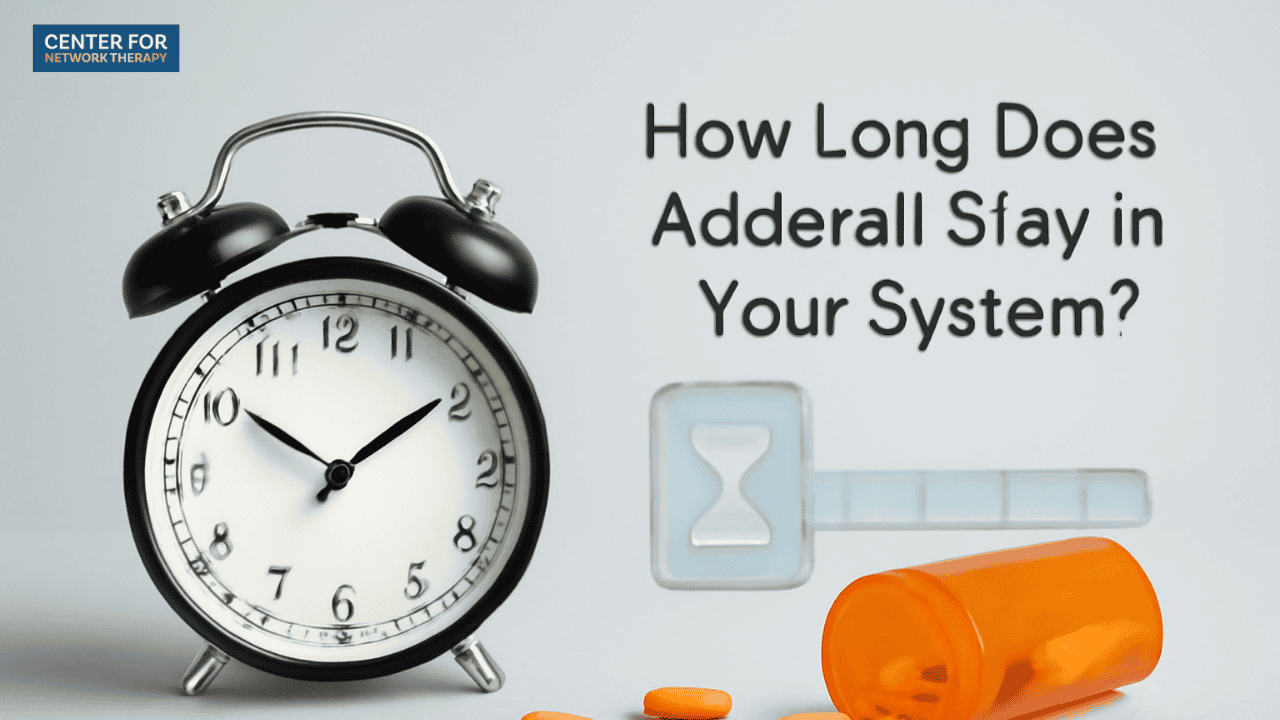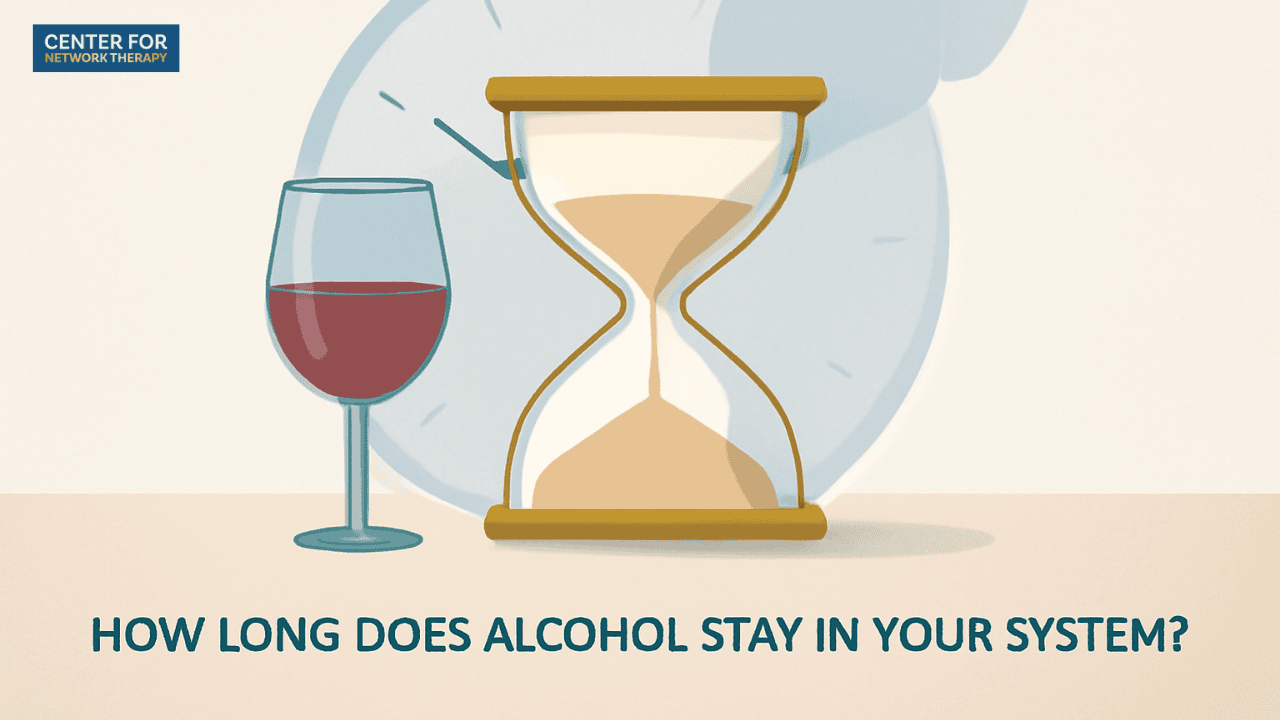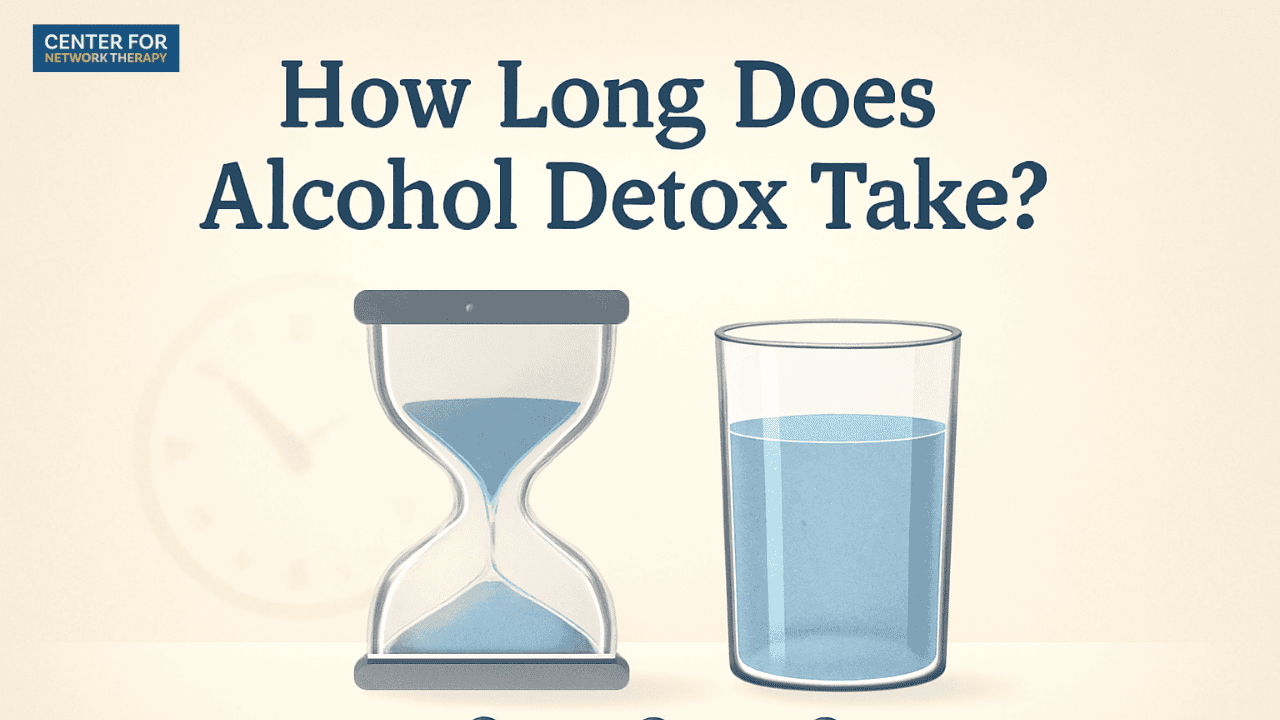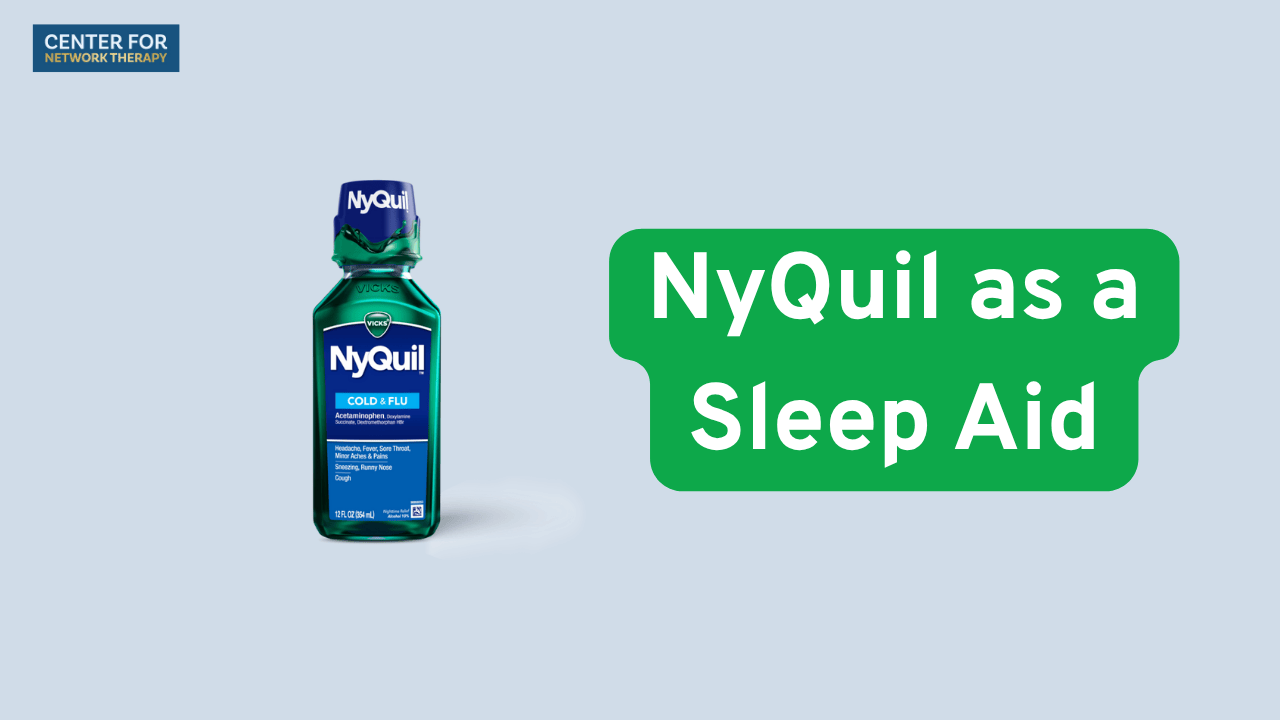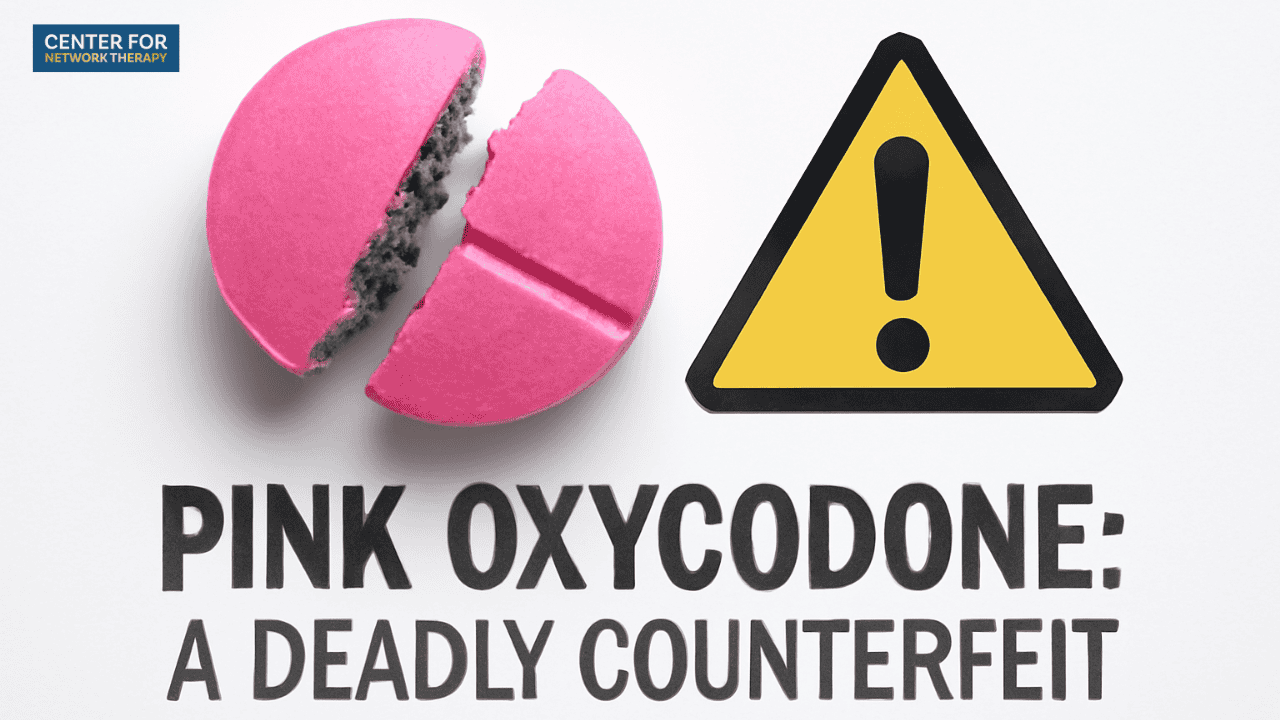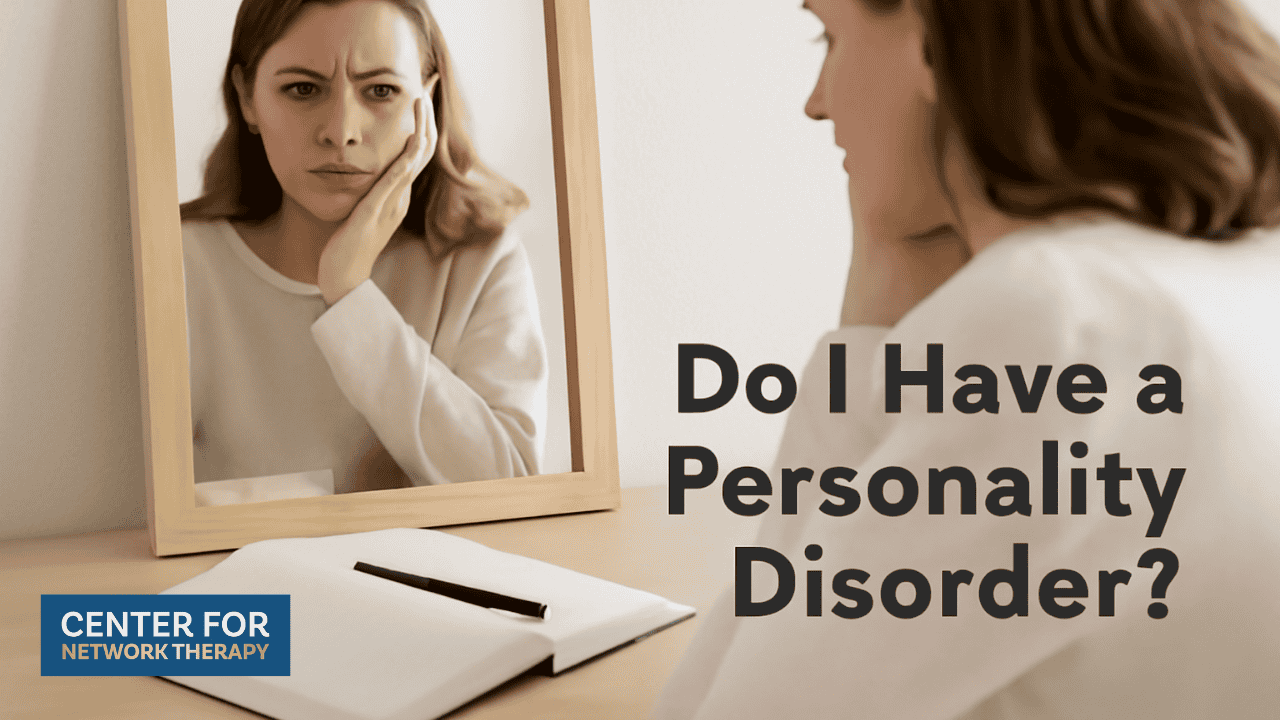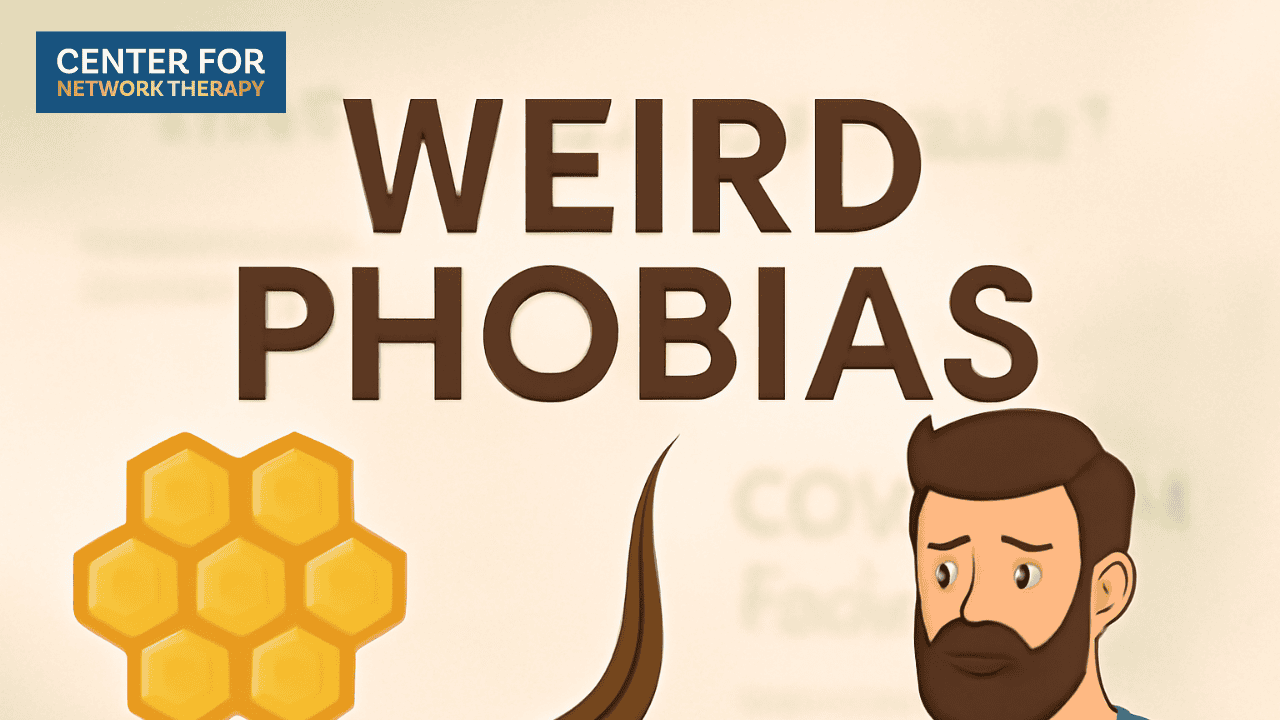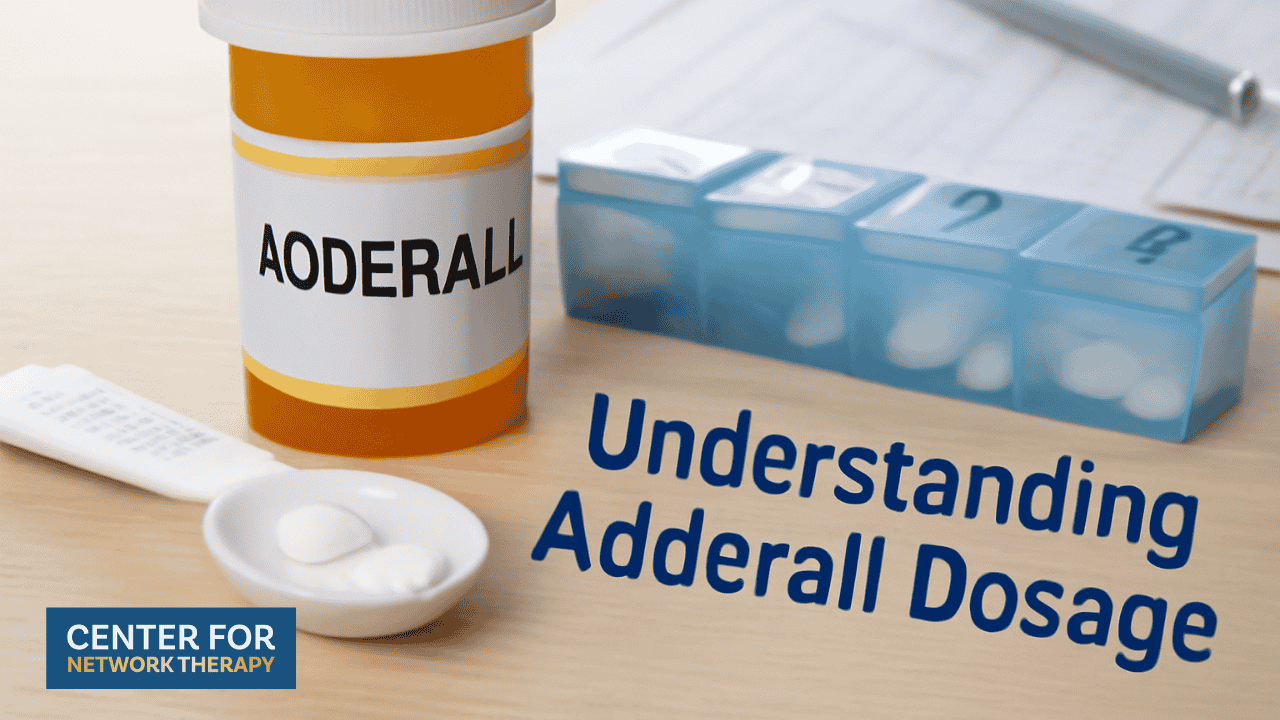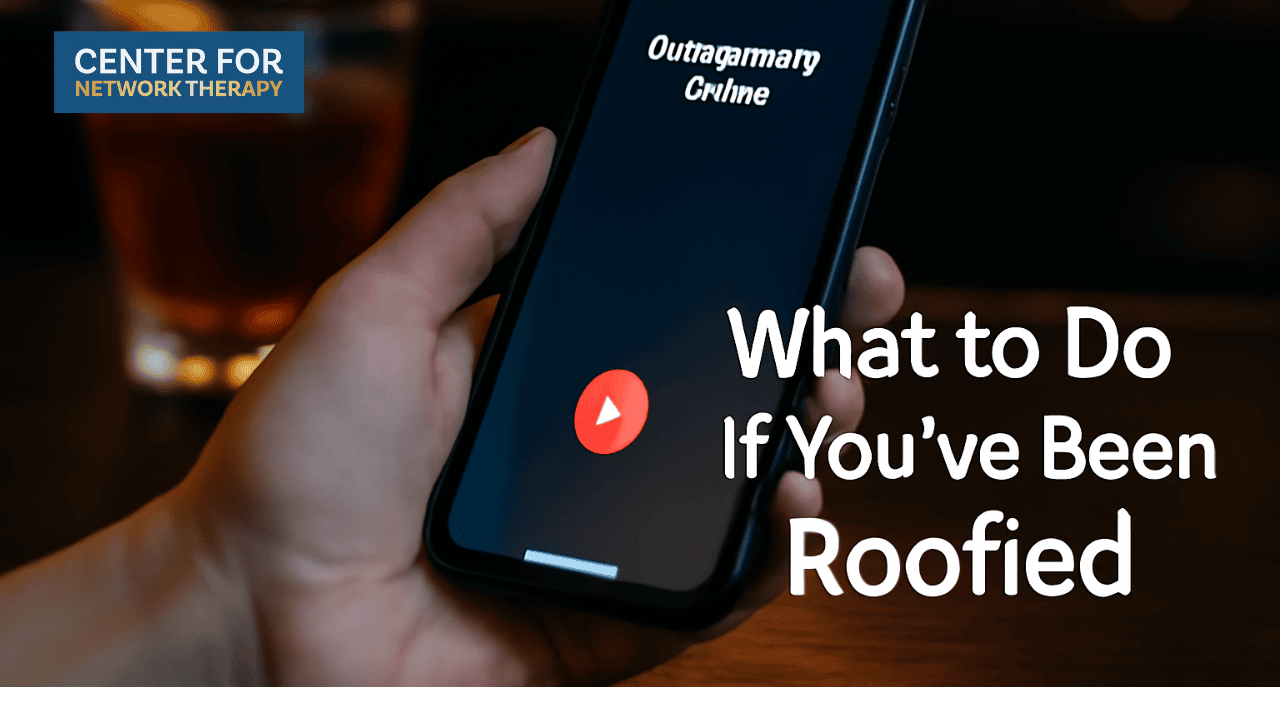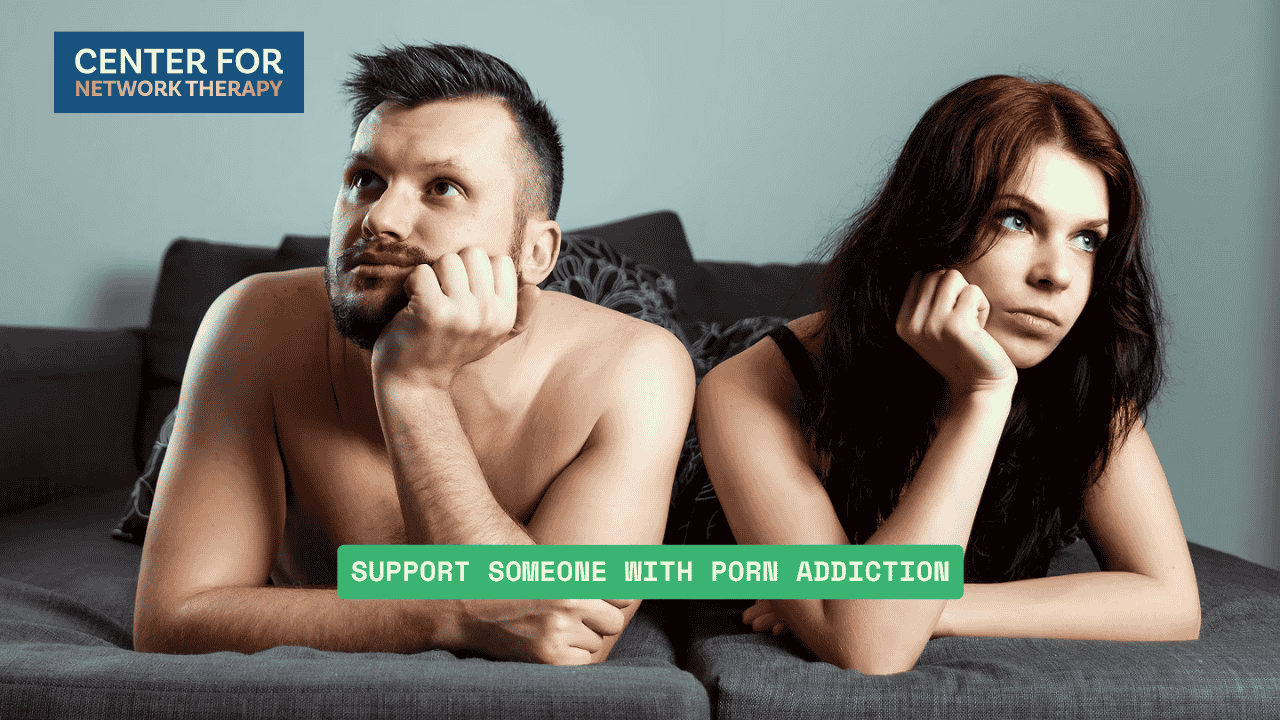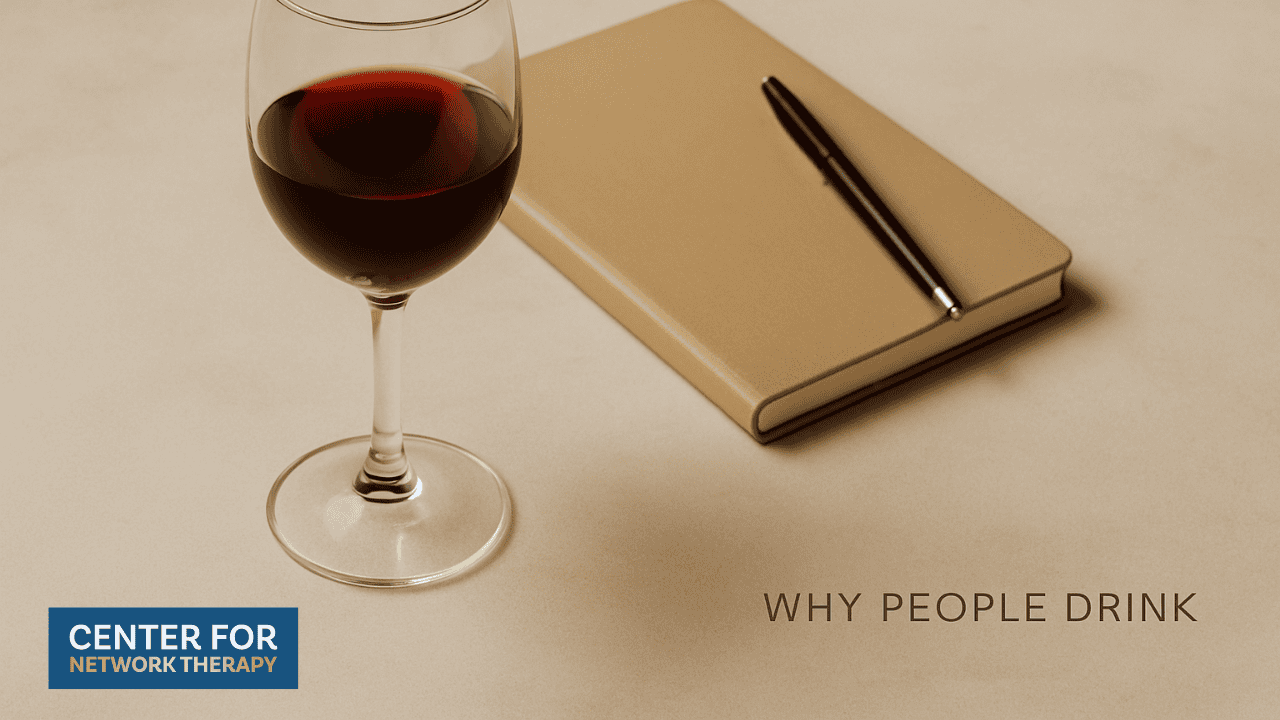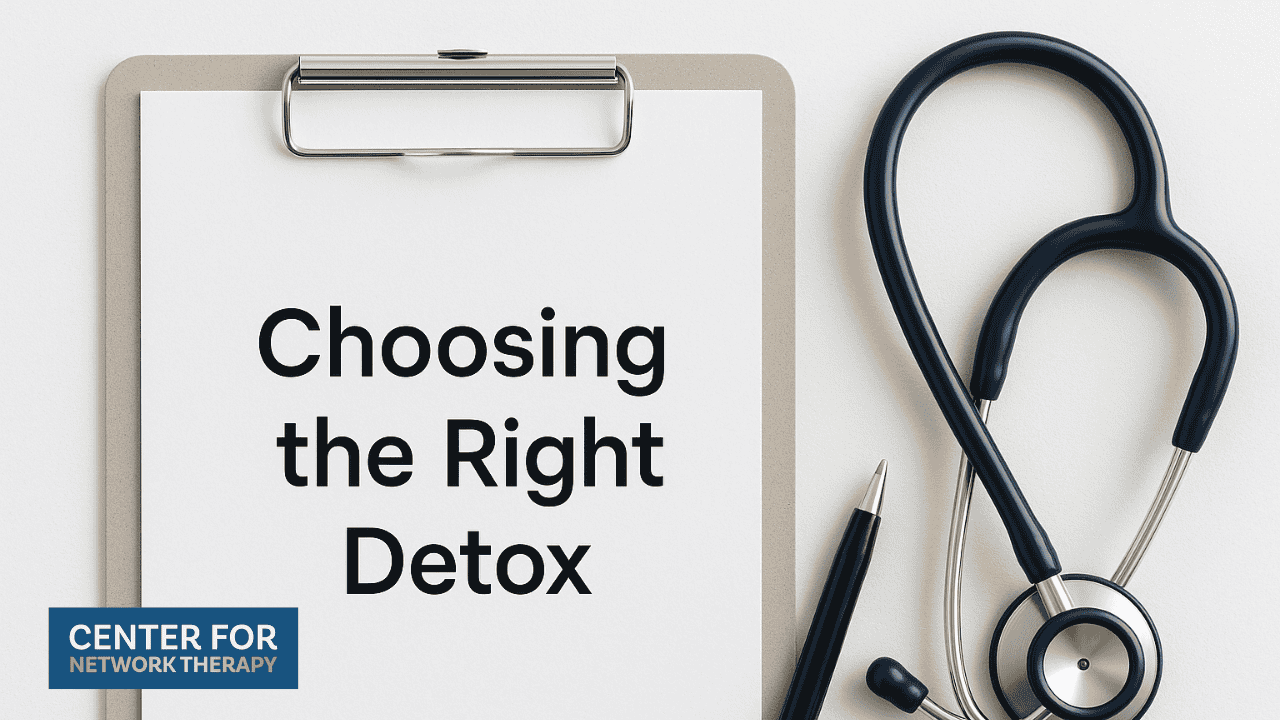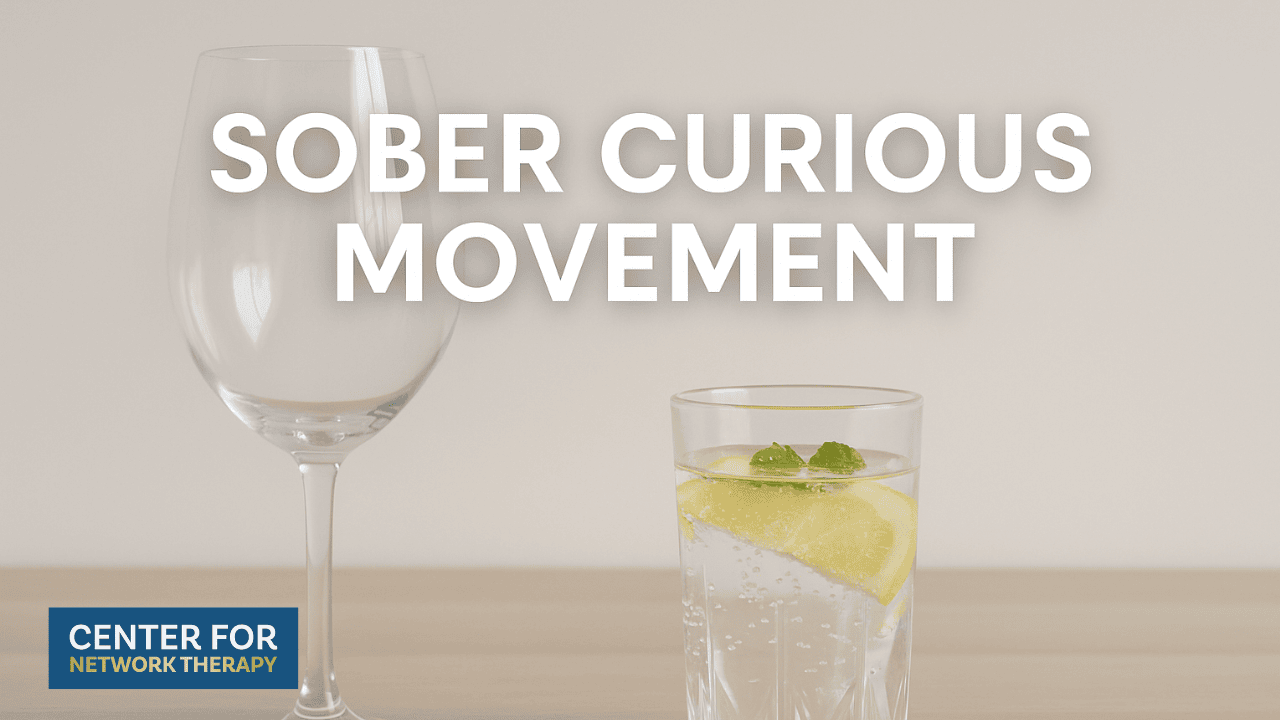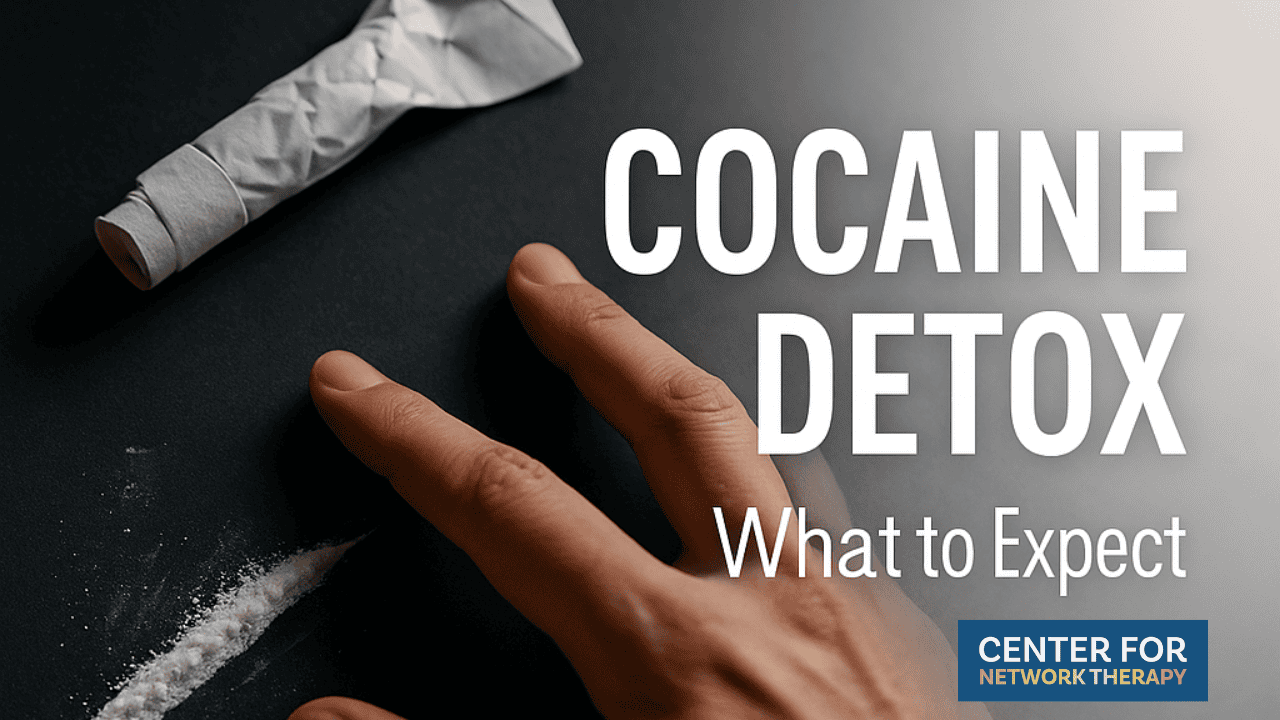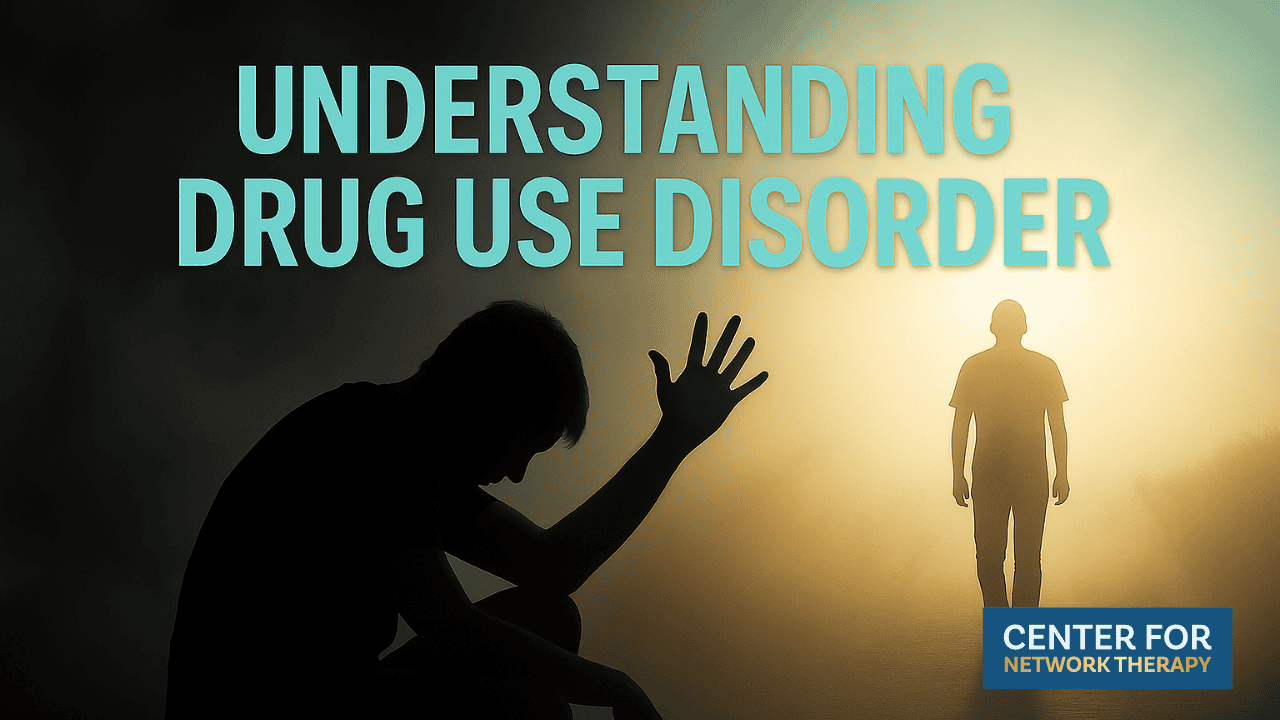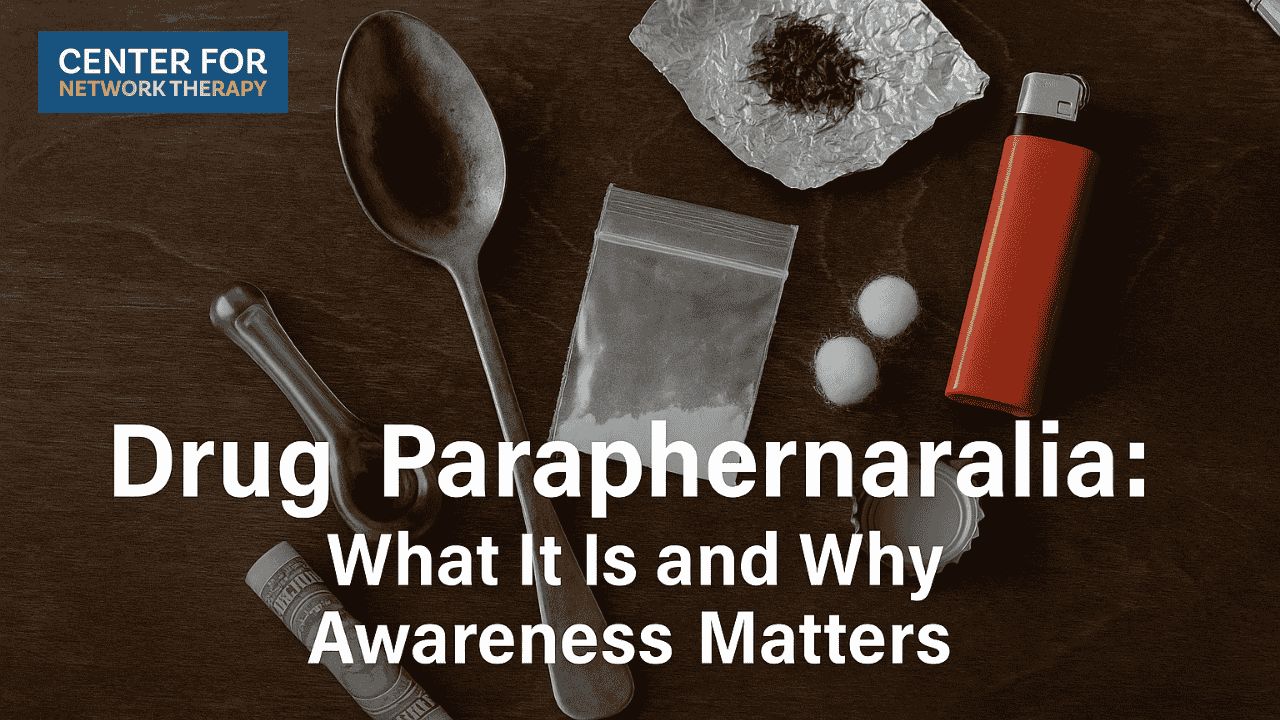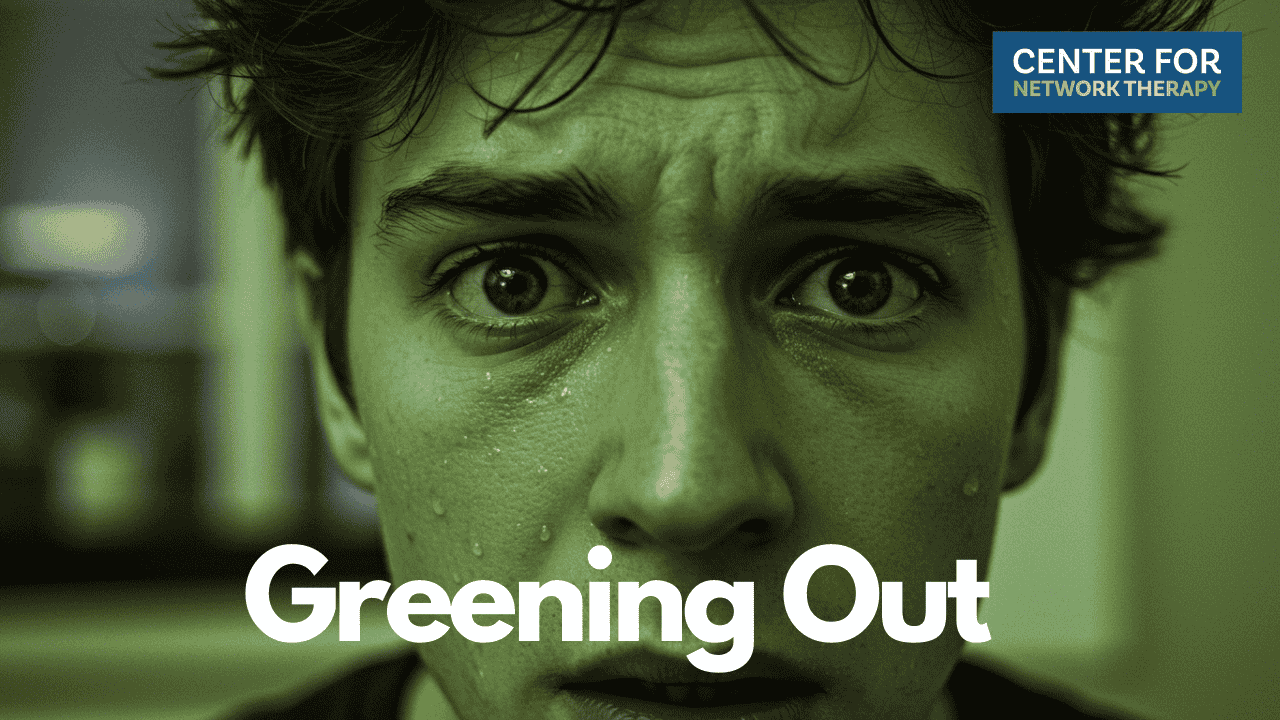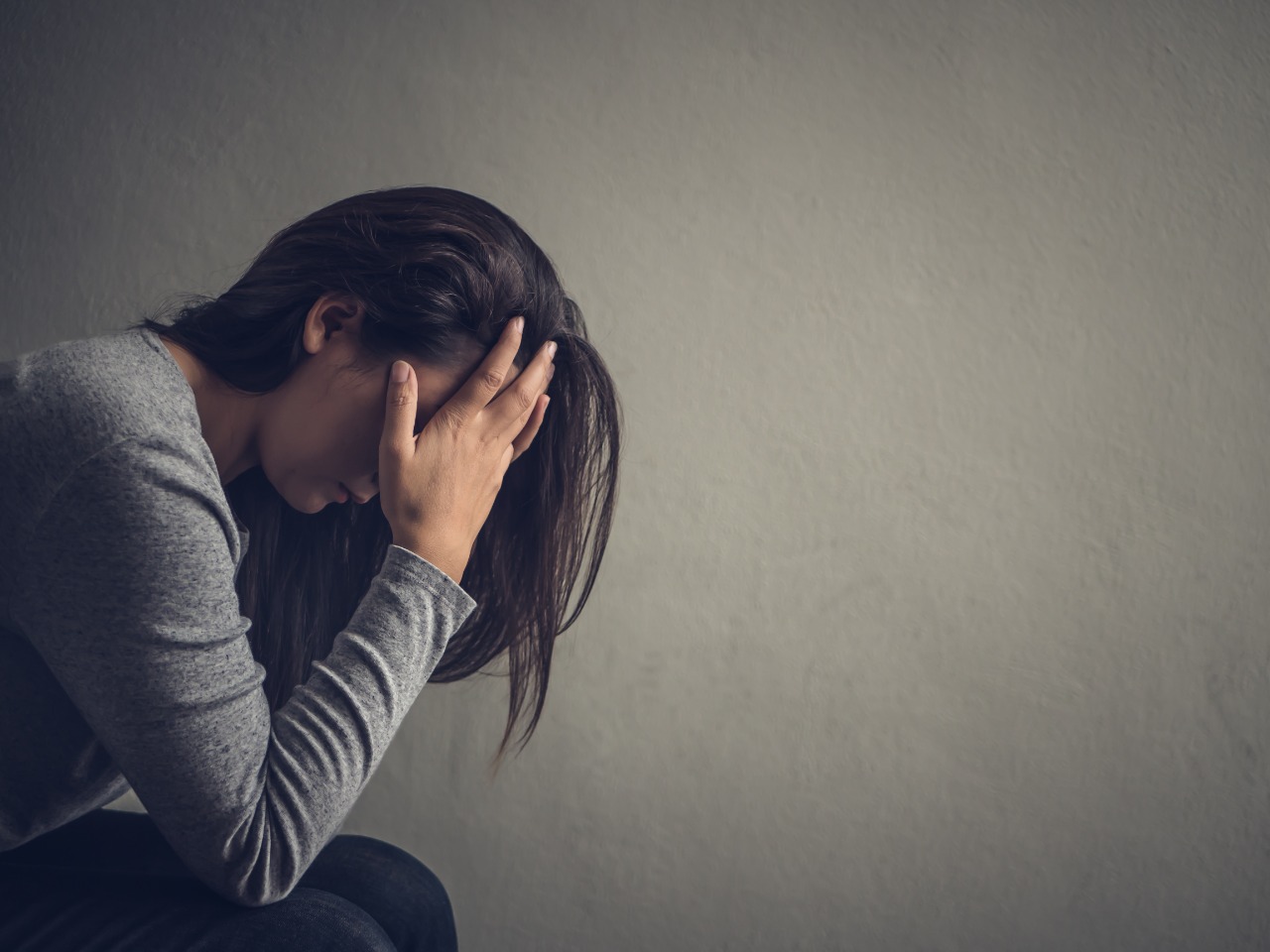Many people turn to over-the-counter options when struggling to sleep, and NyQuil often tops the list. Marketed primarily as a cold and flu remedy, NyQuil’s drowsiness-inducing ingredients can make it seem like a convenient sleep aid. However, relying on it regularly for sleep can raise important concerns.
So, what exactly is in NyQuil that makes you sleepy? And is it safe to use it this way long-term?
Table of Contents
ToggleWhy NyQuil Makes You Drowsy?
NyQuil typically contains three main ingredients:
- Dextromethorphan (DXM): A cough suppressant.
- Acetaminophen: A pain reliever and fever reducer.
- Doxylamine succinate: An antihistamine that causes drowsiness.
It’s the antihistamine doxylamine that causes sleepiness. Antihistamines like this are found in many OTC sleep aids and cold medications. While effective at promoting drowsiness, these medications aren’t designed for long-term sleep support.
Is It Safe to Use NyQuil to Fall Asleep?
Occasional use of NyQuil to fall asleep is generally considered safe for adults. However, regular reliance can lead to problems:
- Tolerance: Over time, your body may get used to the sedating effect, requiring more for the same result.
- Dependency: Some people may start to feel they can’t fall asleep without it.
- Side Effects: Dizziness, dry mouth, confusion, and next-day drowsiness.
- Potential for misuse: Dextromethorphan is known to be abused at high doses for its psychoactive effects.
Why Long-Term Use is a Concern?
NyQuil isn’t intended to be a nightly sleep solution. Prolonged use may mask underlying sleep disorders or mental health issues like anxiety or depression. It also increases the risk of liver damage due to regular acetaminophen intake, especially when mixed with alcohol or other medications.
Healthier Alternatives for Better Sleep
If sleep is consistently difficult, it may be time to explore safer, more sustainable options:
- Cognitive Behavioral Therapy for Insomnia (CBT-I)
- Mindfulness and relaxation techniques
- Sleep hygiene practices (consistent sleep schedule, limiting screens before bed, etc.)
- Speaking to a healthcare provider about underlying causes
When NyQuil Use May Signal a Bigger Issue?
If you find yourself turning to NyQuil or similar medications nightly, it might be a sign of an emerging dependency. This is especially important if you’re combining it with alcohol or other substances. Substance use disorders don’t always start with illicit drugs; sometimes, they begin in the medicine cabinet.
Support Is Always Available
At the Center for Network Therapy (CNT), we understand how easy it is for well-meaning solutions to become unhealthy habits. Our outpatient detox programs offer medical supervision and compassionate care tailored to your needs.
Whether you’re worried about over-the-counter sleep aid use or broader substance dependence, help is just a call away.
📞 732-484-9661
🔗 RecoveryCNT.com
Disclaimer: This blog is for educational purposes only and does not replace medical advice. If you or a loved one is struggling with substance use, you can take our anonymous quiz here to understand more about your risk and explore safe, professional care options.
Related Reads:




